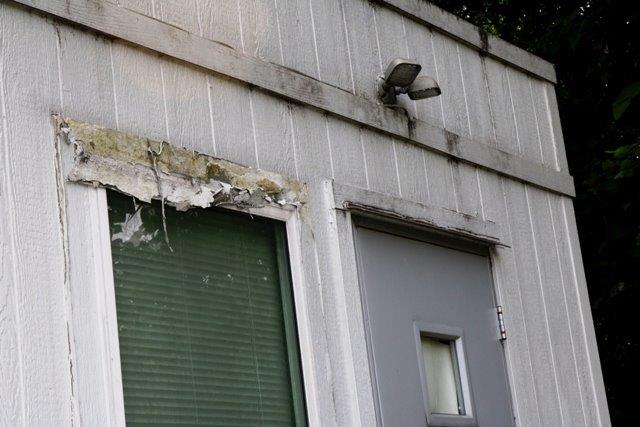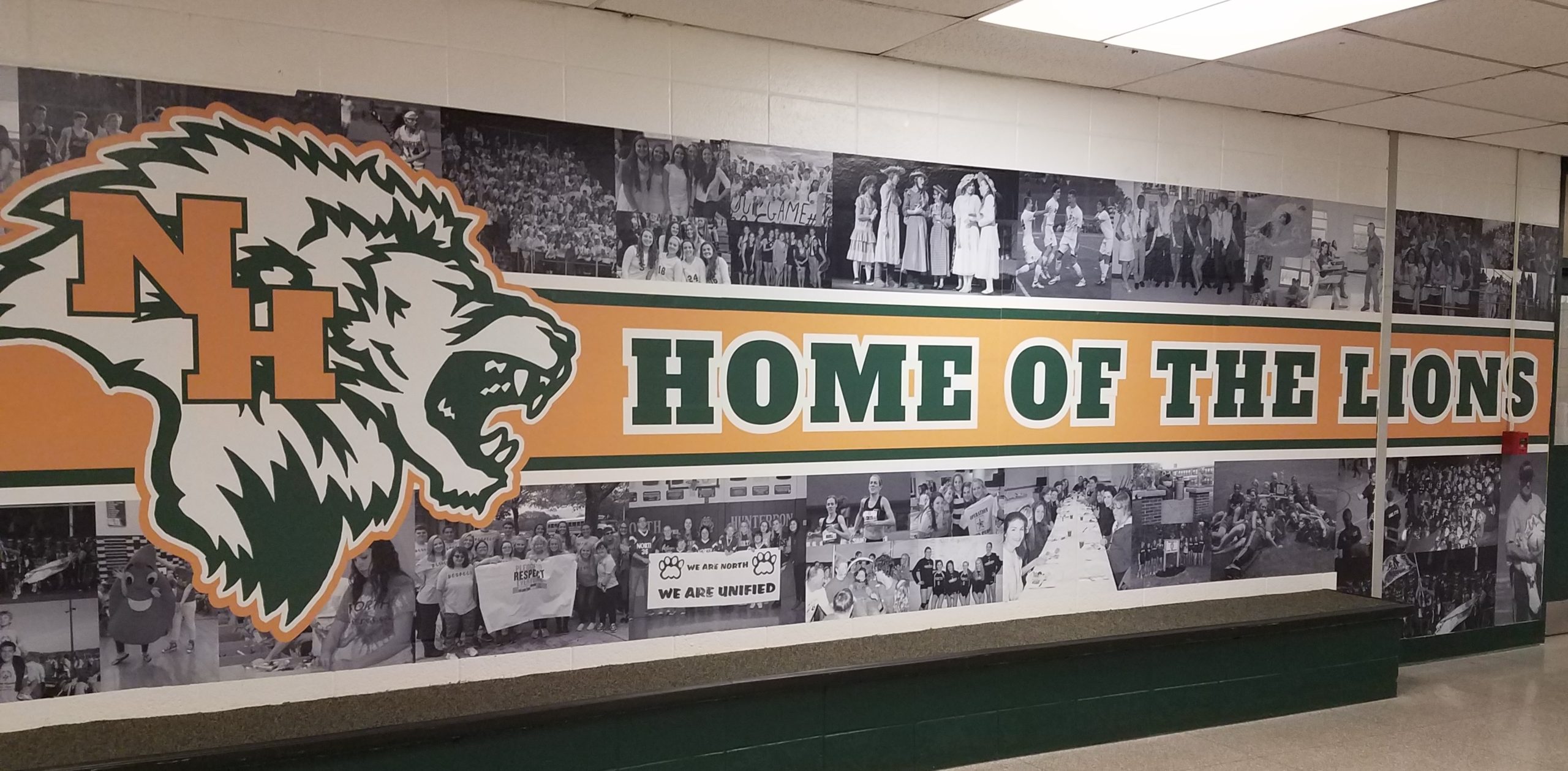
WALDEN: Why Is the Murphy Administration Protecting This Illegal Preschool Trailer Park?
November 8, 2022
‘Violent’ School Board Elections? Looking at Hunterdon County.
November 8, 2022Students, Youth Leaders to Host a March to Demand More School and Mental Health Resources, Less Policing
Students will march to demand more counselors, more transparency in school policies, and restorative practices that include the voices of students.
On Thursday November 10, students and Make the Road NJ’s youth leaders, along with the American Civil Liberties, NJ21United, and New Jersey March for Our Lives, will host a march demanding more counselors and restorative justice practices across New Jersey, transparency in school policies ,that include the voices of the students and fewer police in our schools. Make the Road New Jersey is an advocacy organization that builds the power of immigrant, working-class, and Latinx communities to achieve dignity and respect through community organizing, legal, policy innovation and transformative education
WHAT: March For Education, Not Incarceration.
WHEN: Thursday November 10 at 12 p.m.
WHERE: 42 Broad Street Elizabeth NJ, 07201: march past high schools and police station
WHO: Students, Youth Members, Make the Road NJ, American Civil Liberties, NJ21United, New Jersey March for Our Lives
In New Jersey, students of color, students with disabilities, and students from low-income families attend schools with high levels of guards but often inadequate support staff. Analysis completed for Make the Road New Jersey by New York University Wagner School of recently-released federal Civil Rights Data Collection reports reveal 4,517 Latinx students, 3,209 Black students, and only 1,596 white students in New Jersey attend a school with guard(s), but no nurse. Meanwhile, New Jersey approved $286,961,178 in categorical security school aid to districts across the state in FY2021—the bulk of which is poured into security-guard salaries that far outweigh districts’ spending on nurses, social workers, counselors, or even kindergarten teachers.
Overpolicing in the schools results in racially disparate outcomes and creates a school-to-prison pipeline in New Jersey. While the data is incomplete, of the cases New Jersey reported to the federal government last year, the state reported 664 school-related arrests to the Office of Civil Rights. Of these, 31% were of Latinx students (several points above their 27% proportion of overall enrollment) and 29% were of Black students (despite the fact that Black students comprise only 15% of New Jersey’s student body). Black students, and particularly Black boys, were referred to law enforcement at significantly higher rates than white students. Nearly one-third of all reported referrals in New Jersey were of Black youth, who account for only 15% of the student population.




